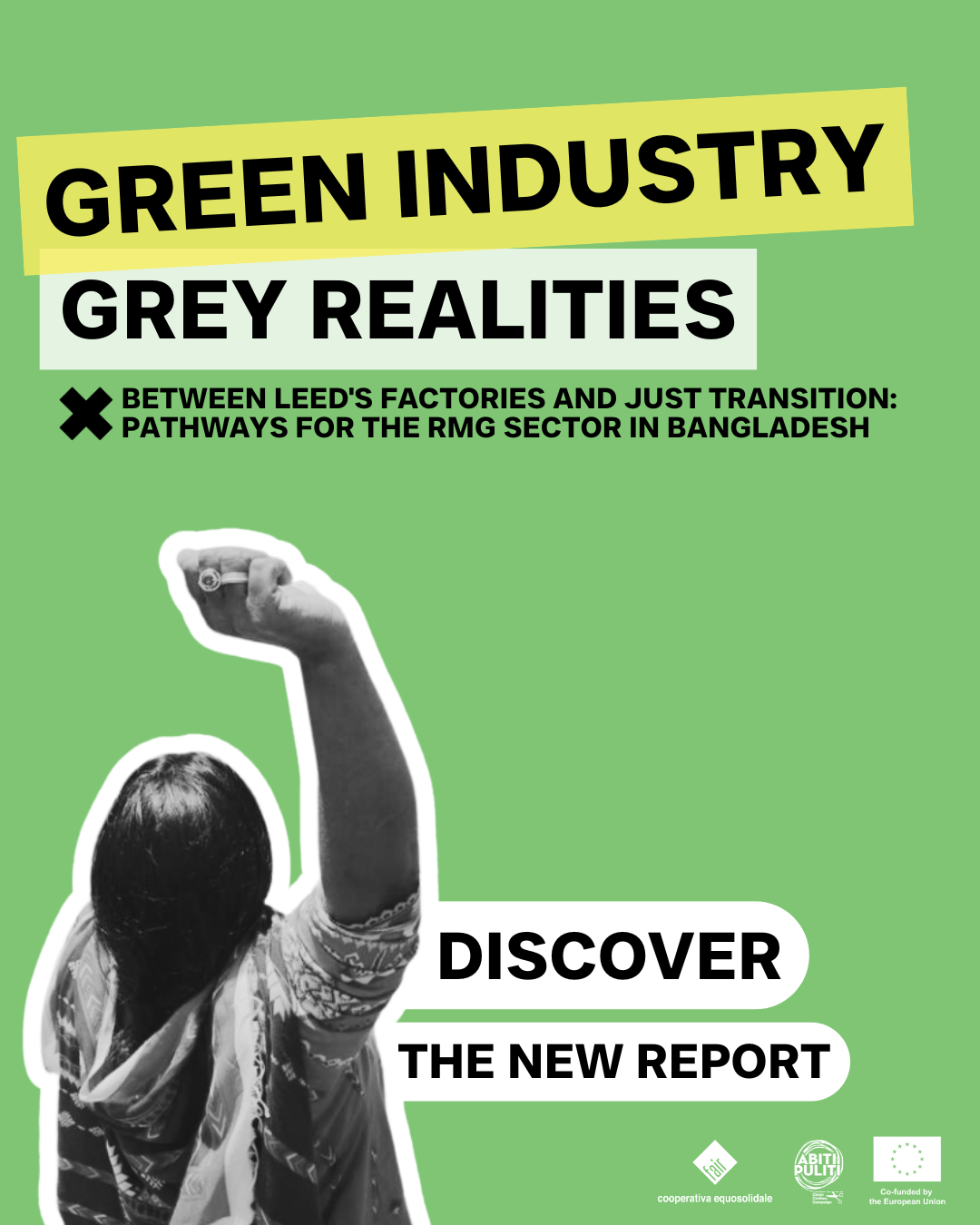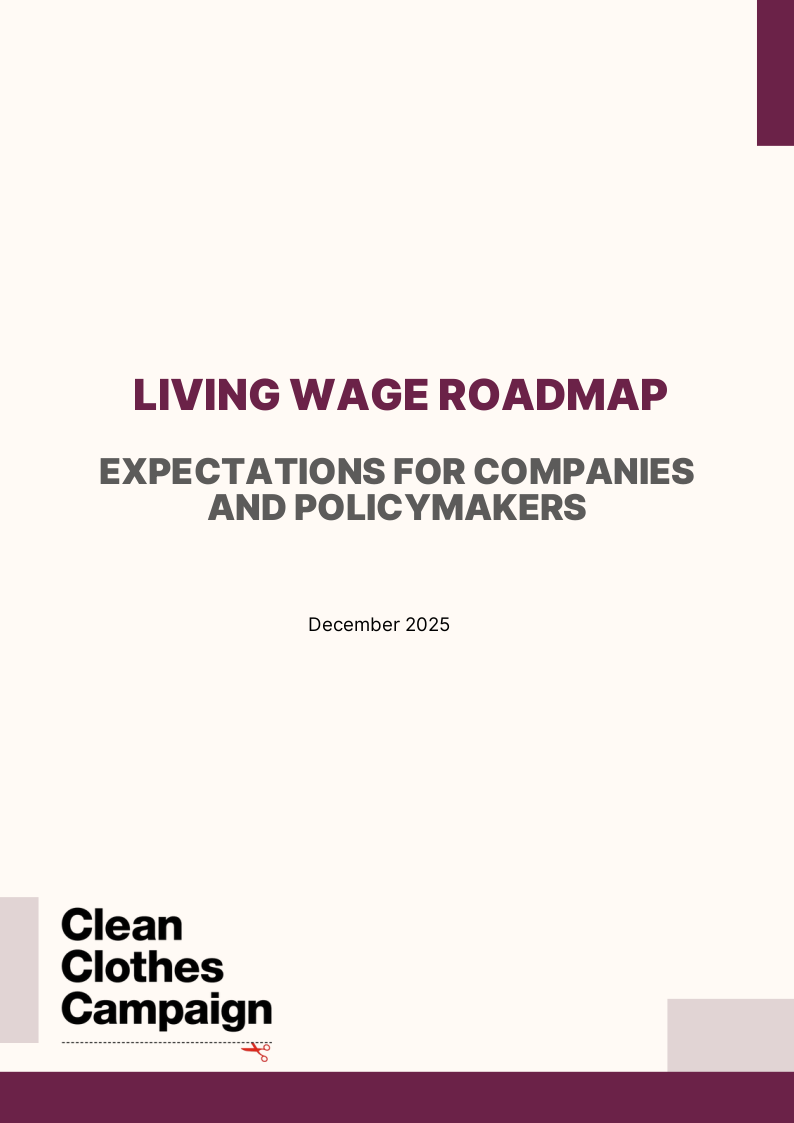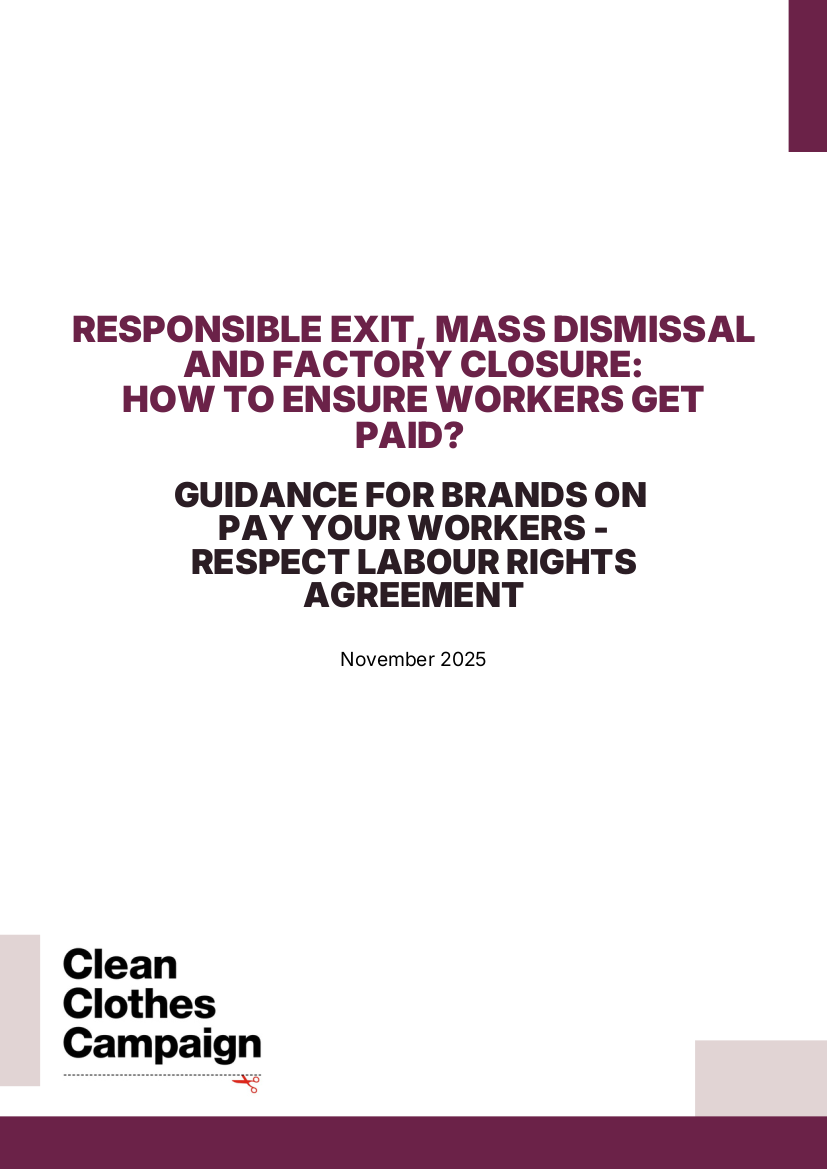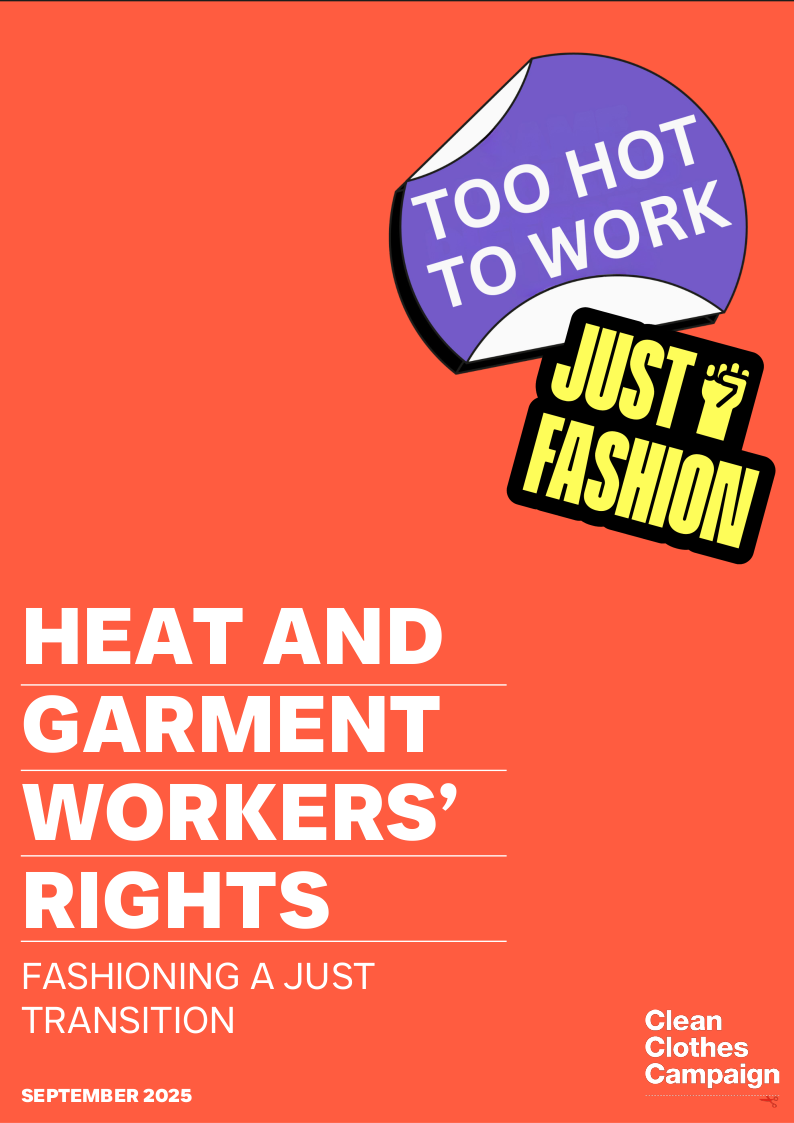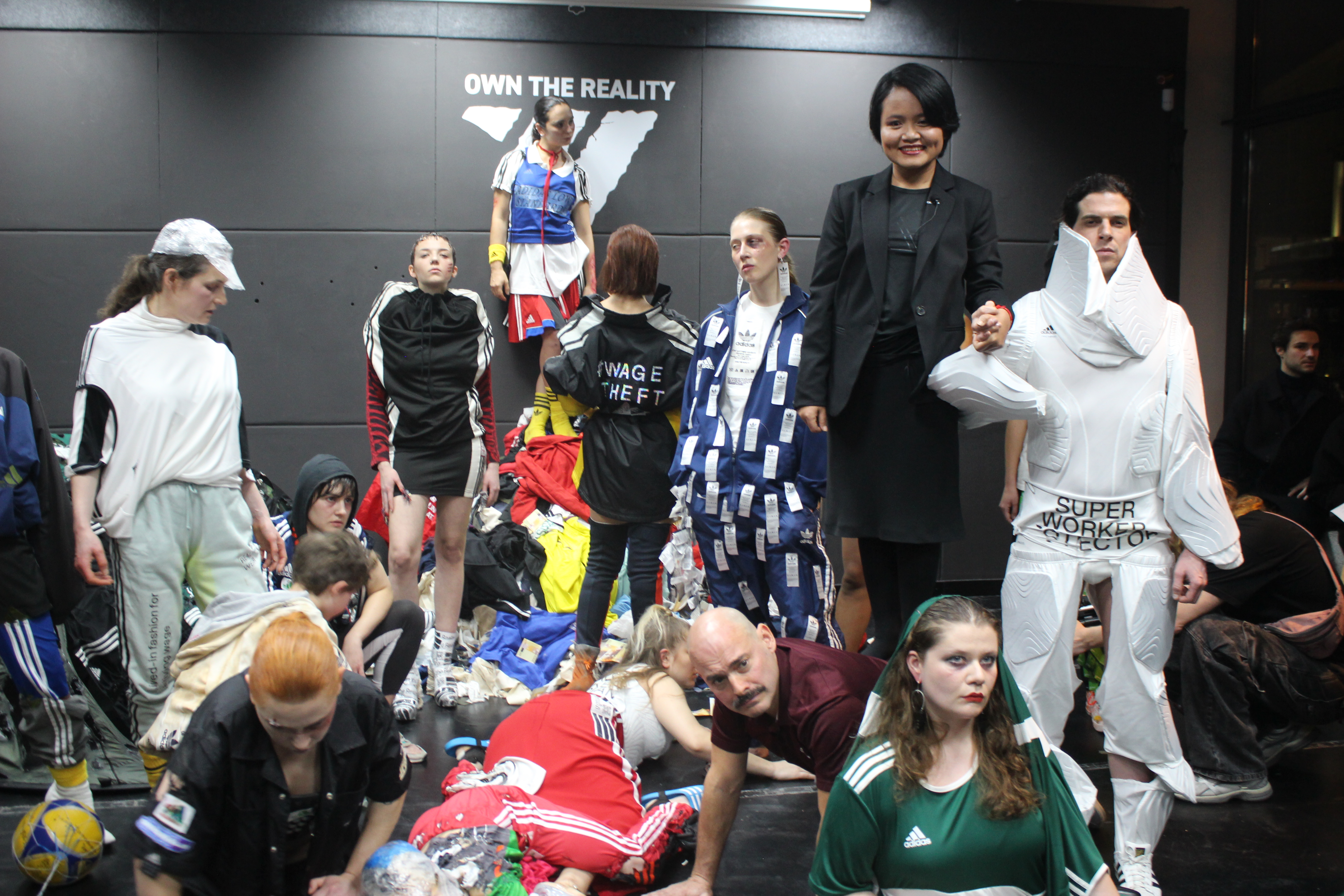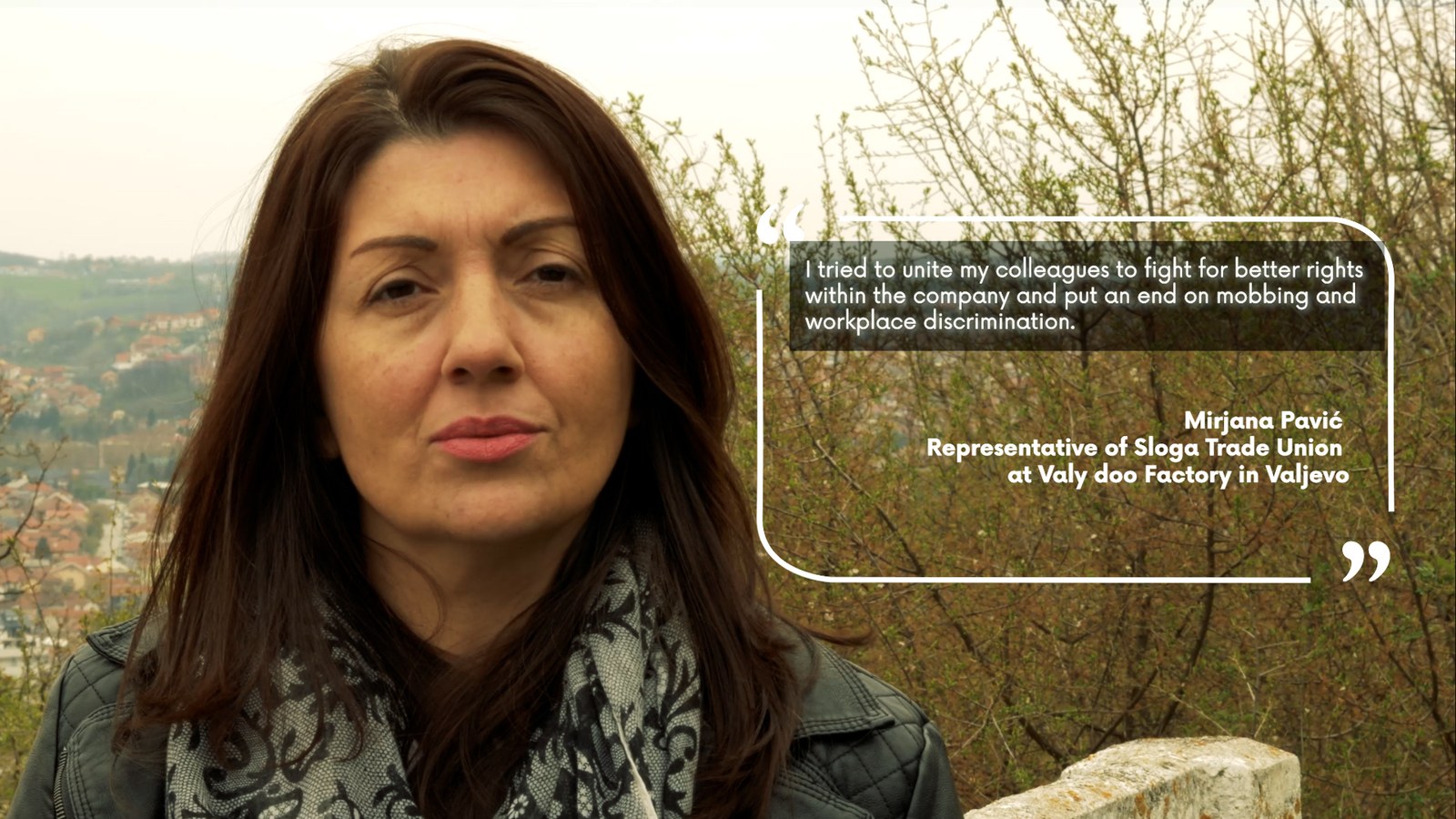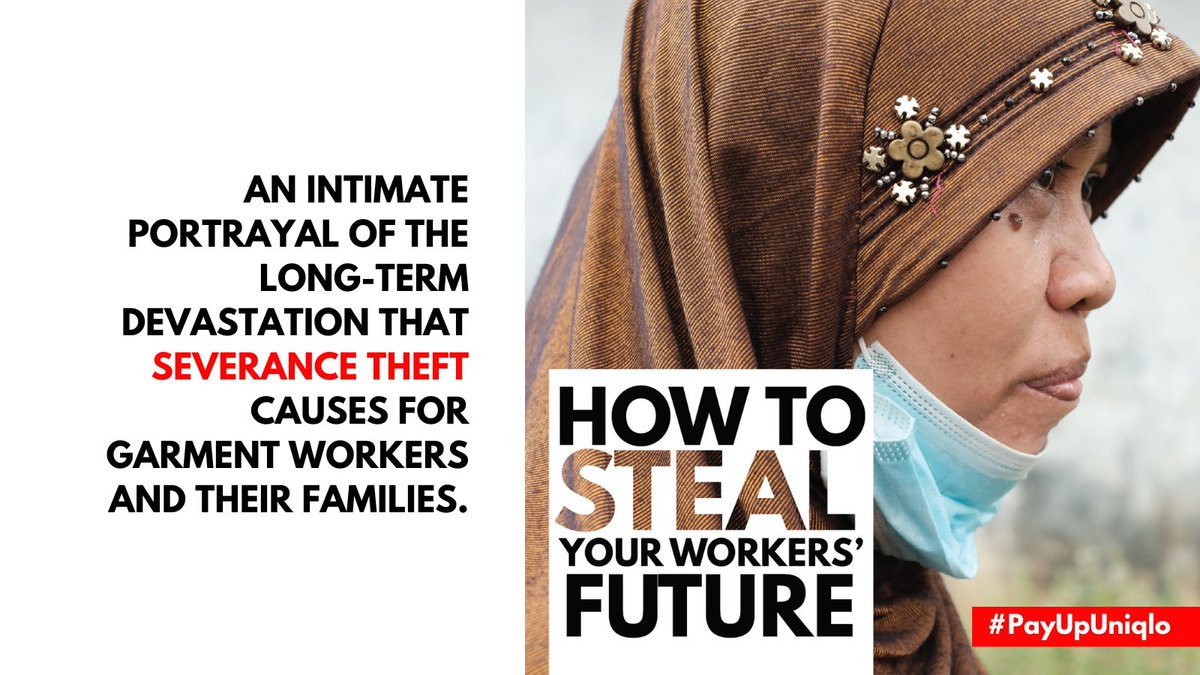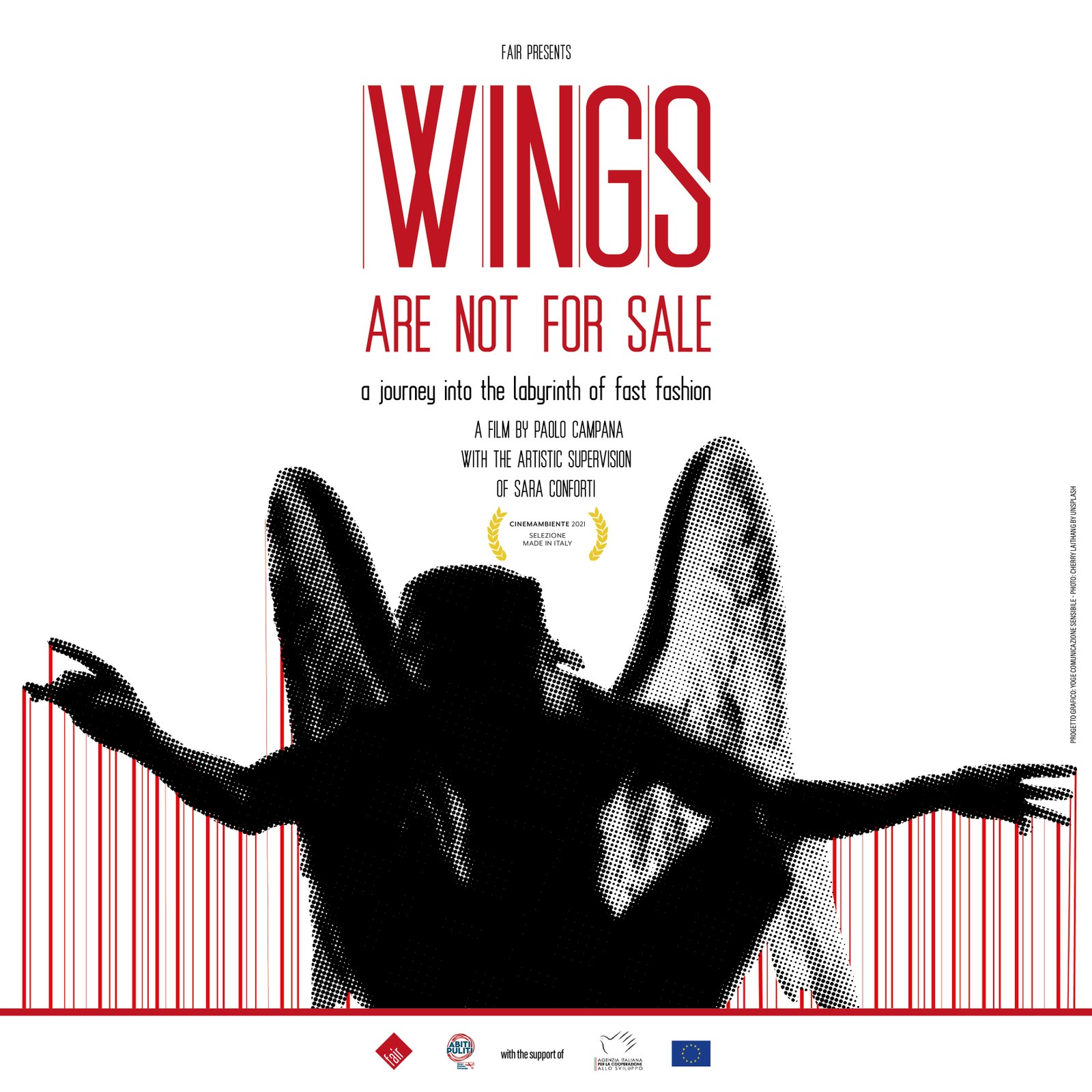get informed
Green Industry, Grey Realities - Between LEED’s factories and Just Transition: pathways for the RMG sector in Bangladesh
The research aims to assess the Ready-Made Garments (RMG) industry in Bangladesh from a Just Transition (JT) perspective, focusing on the labour conditions at LEED certified green factories.

